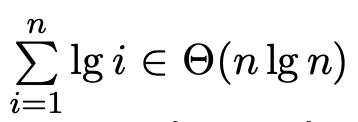Question: 4a). 2. Give the closed-form solution of the recurrence relation where indicated using algebraic unrolling and answer the questions regarding the sequence that is denoted

4a). 
2. Give the closed-form solution of the recurrence relation where indicated using algebraic unrolling and answer the questions regarding the sequence that is denoted by the relation. (a) Solve T(n) = n+1+T(n 1), n > 2, with the initial condition T(2) = 3. (15 points] (b) Give the first five terms, T (2), T(3), ... ,T(6), of the sequence denoted by the recur- rence relation in 4(a). [5 points] (c) Give the most restrictive polynomial-time asymptotic upper bound for T(n) if one exists or explain why no such bound exists. [5 points] Me lgi ( lgn) i=1 2. Give the closed-form solution of the recurrence relation where indicated using algebraic unrolling and answer the questions regarding the sequence that is denoted by the relation. (a) Solve T(n) = n+1+T(n 1), n > 2, with the initial condition T(2) = 3. (15 points] (b) Give the first five terms, T (2), T(3), ... ,T(6), of the sequence denoted by the recur- rence relation in 4(a). [5 points] (c) Give the most restrictive polynomial-time asymptotic upper bound for T(n) if one exists or explain why no such bound exists. [5 points] Me lgi ( lgn) i=1
Step by Step Solution
There are 3 Steps involved in it

Get step-by-step solutions from verified subject matter experts


